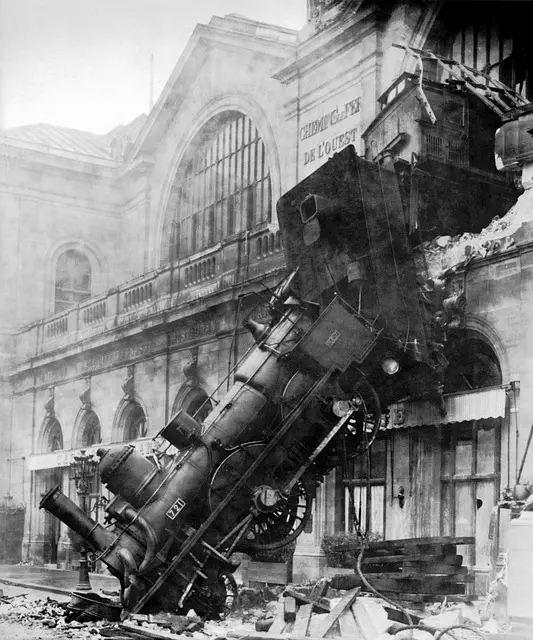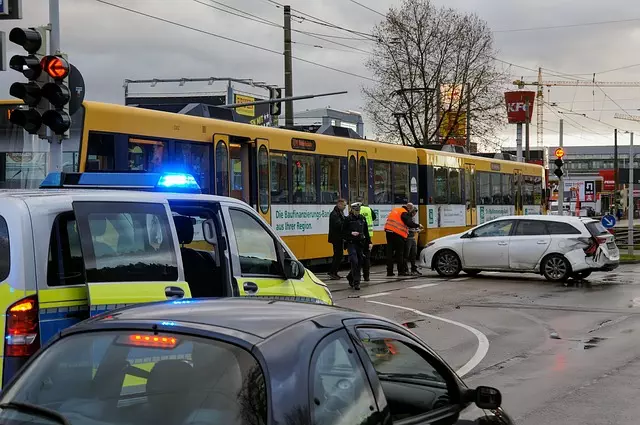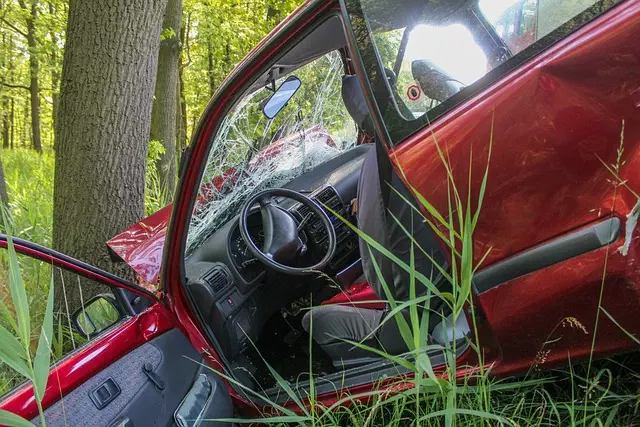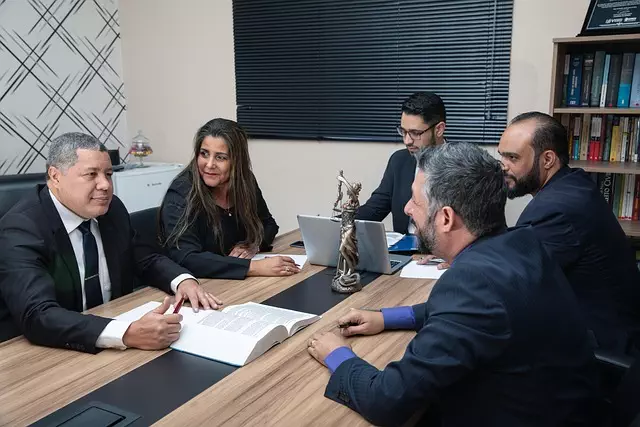Rideshare safety litigation in New York City (NYC) is driven by increasing litigation and high accident rates, with key factors including driver fatigue and distractions. Premises liability principles hold property owners, including rideshare companies, accountable for passenger safety on their premises. Lawyers specializing in Rideshare Safety Litigation navigate complex scenarios, investigating driver training, vehicle maintenance, and company policies to secure justice for clients harmed by negligence. Notable cases have led to substantial compensation for injuries, demonstrating the crucial role of legal expertise in improving safety practices within the rideshare community. Stricter driver screening, regular inspections, advanced technology, and data transparency are important preventative measures, with autonomous driving technology potentially revolutionizing safety standards.
In New York City, where ridesharing services are ubiquitous, ensuring safe travel is paramount. Understanding premises liability is crucial for navigating legal challenges related to rideshare safety. This article delves into critical aspects of rideshare safety in NYC, focusing on liability and litigation. We explore the role of premises liability lawyers in holding companies accountable, examining case studies of successful rideshare safety litigation, and discussing preventative measures and future regulations. By understanding these dynamics, riders can better protect themselves and advocate for safer transportation options.
- Understanding Premises Liability: A Legal Perspective
- Rideshare Safety Concerns in NYC: Statistics and Trends
- The Role of a Premises Liability Lawyer in Rideshare Cases
- Legal Strategies for Holding Companies Accountable
- Case Studies: Successful Rideshare Safety Litigation in NYC
- Preventative Measures and Future Regulations for Rideshare Safety
Understanding Premises Liability: A Legal Perspective

Premises liability, a cornerstone of personal injury law, holds property owners accountable for injuries occurring on their premises. This includes everything from public spaces to private residences. In the dynamic context of rideshare safety, understanding premises liability is crucial. Rideshare companies and drivers must adhere to strict standards in ensuring passenger safety during every ride, whether it begins or ends at a designated location owned by the company or driver.
Legal cases involving rideshare safety often navigate complex premises liability principles. For instance, if a passenger slips and falls at a rideshare pickup or drop-off location due to unsafe conditions, establishing liability requires examining the property owner’s knowledge of the hazard and their duty to mitigate it. This legal perspective not only protects riders’ rights but also incentivizes property owners and rideshare operators alike to maintain safe environments, thereby enhancing overall passenger safety.
Rideshare Safety Concerns in NYC: Statistics and Trends

Rideshare safety has become a significant concern in New York City (NYC), leading to increased rideshare safety litigation. Recent statistics indicate that accidents involving rideshare vehicles have been on the rise, with a notable trend of driver fatigue and distraction. According to a study by the New York State Department of Motor Vehicles, rideshare drivers in NYC often work long hours, which can result in impaired judgment and slower reaction times. This is particularly concerning given the high volume of passengers and frequent traffic conditions in the city.
Trends also show that driver distractions, such as using mobile phones or navigating through GPS, contribute to a substantial number of accidents. With rideshare apps becoming increasingly popular, ensuring driver safety and accountability has become more critical than ever. NYC’s diverse landscape and bustling streets present unique challenges for drivers, making it imperative to address these safety concerns through regulatory measures and improved training programs.
The Role of a Premises Liability Lawyer in Rideshare Cases

In the dynamic landscape of rideshare services, ensuring passenger safety is paramount. When accidents occur, a Premises Liability Lawyer in NYC plays a pivotal role in navigating complex legal waters for both victims and companies like Uber or Lyft. These attorneys specialize in Rideshare Safety Litigation, helping to hold responsible parties accountable for negligence that leads to injuries on or around vehicles.
Their expertise extends to understanding the unique challenges of rideshare cases. They delve into factors such as driver training, vehicle maintenance records, and company policies regarding safety protocols. By analyzing these aspects, Premises Liability Lawyers construct robust legal strategies aimed at securing justice and fair compensation for clients who have suffered harm due to another party’s negligence in a rideshare context.
Legal Strategies for Holding Companies Accountable

In cases involving rideshare safety litigation, legal strategies for holding companies accountable require a nuanced approach. Lawyers must navigate complex regulatory environments and establish liability where it exists. This involves meticulous investigation to determine if the company, its drivers, or both, fell short in ensuring passenger safety. Legal actions can include negligence claims against the ride-sharing firm for inadequate training, background checks, or oversight of their drivers.
Moreover, legal experts leverage evidence from accident reports, security footage, and witness statements to build compelling cases. They also explore issues related to premises liability, such as unsafe vehicle maintenance or poorly designed pick-up/drop-off locations, to strengthen their arguments. Effective representation in these cases demands a deep understanding of both state laws and the unique operational dynamics of ride-sharing services.
Case Studies: Successful Rideshare Safety Litigation in NYC

In recent years, rideshare safety litigation in NYC has seen significant success, highlighting the crucial role of premises liability lawyers in holding companies accountable for passenger safety. One notable case involves a client who was assaulted while waiting for their ride at a designated pickup location. The plaintiff’s attorney, specialising in premises liability, successfully argued that the rideshare company had a duty to ensure safe pick-up and drop-off zones, and failed to maintain this standard, leading to the client’s injuries. This case set a precedent for future litigation by demonstrating the potential for substantial compensation when companies neglect their safety obligations.
Another successful lawsuit focused on a collision between a rideshare vehicle and a pedestrian in a heavily trafficked NYC neighborhood. The lawyer represented the pedestrian, arguing that the driver’s negligence and the company’s lack of proper training contributed to the accident. By presenting evidence of inadequate driver screening and limited safety protocols, the case resulted in a substantial settlement, underscoring the importance of robust safety measures in the rideshare industry. These real-world examples illustrate how legal expertise in premises liability can drive positive change, ensuring safer practices within the rideshare community.
Preventative Measures and Future Regulations for Rideshare Safety

In an era where rideshare services are ubiquitous, ensuring Rideshare Safety Litigation becomes increasingly paramount. To mitigate risks and prevent accidents, several preventative measures can be taken. For instance, implementing stricter driver screening and background checks, mandating regular vehicle inspections, and providing comprehensive training on safety protocols can significantly enhance rider protection. Moreover, leveraging advanced technology such as real-time tracking systems and enhanced driver monitoring tools can help identify and address potential hazards promptly.
Looking ahead, future regulations may include more stringent data transparency requirements for rideshare companies, enabling better analysis of accident trends and informed decision-making. Additionally, the integration of autonomous driving technology could revolutionize Rideshare Safety Litigation by reducing human error. However, as this field evolves, regulatory bodies must keep pace, ensuring that new standards are both effective and feasible to implement on a large scale.
In conclusion, navigating rideshare safety litigation in NYC requires a comprehensive understanding of premises liability laws. As statistics reveal escalating concerns, the role of a skilled premises liability lawyer becomes indispensable for holding companies accountable. Through innovative legal strategies and successful case studies, these attorneys are revolutionizing rideshare safety by ensuring justice for victims and fostering preventative measures. By exploring future regulations, we can enhance overall rideshare safety, making NYC streets safer for everyone.
